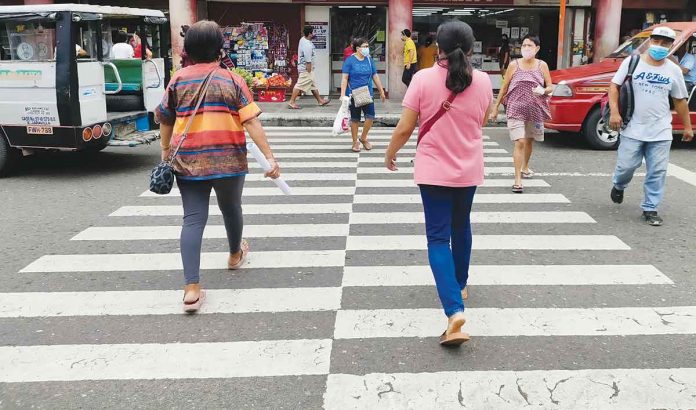
DESPITE a decline in poverty in the Philippines, income inequality remains very high in the country, a new World Bank (WB) study showed.
Poverty in the Philippines fell by as much as two-thirds or 66 percent, the study noted.
The country’s income inequality was measured using the Gini coefficient, which tracks the difference or disparity between wealth distribution or income levels. Zero indicates perfect equality, with higher coefficients indicating higher inequality.
With a reading of over 40, the Philippines has the second highest income inequality in East Asia, behind only Thailand.
The country also ranked 15th out of 63 nations worldwide with high income inequality, based on available data.
The study also noted that the top 1 percent of earners in the Philippines captured 17 percent of national income, while the bottom 50 percent — the poorest half — only accounts for 14 percent.
The reasons behind this, the study said, were manifold and primarily unfair circumstances.
Things like being born in a poor area or socially entrenched biases against gender and ethnicity contribute to individuals have less access to education, healthcare, nutrition, and employment.
Because all of these are necessary elements for success later in life, the circumstances in the Philippines perpetuates a cycle of poverty which generations of individuals are unable to escape, the study showed.
Ndiame Diop, World Bank Country Director for Brunei, Malaysia, Thailand, and Philippines, said there are signs the pandemic and the ensuing recovery could make things worse.
“The shocks from COVID-19 pandemic led to a shift in the workforce to less productive sectors and occupations. Employment in wage work has notably decreased and employment in agriculture has risen. These trends have been concentrated among the youth, and the less educated,” Diop said.
Beyond these immediate effects, Diop also expressed concern about the next generation.
“To manage the pandemic shock a considerable number of poor households have relied on such adverse coping mechanisms as reducing food consumption which may aggravate already prevalent child malnutrition and stunting.”
If this unequal access to necessities for economic success persists, it will likely prevent the Philippines from achieving its goal of becoming a middle-class society free of poverty by 2040, Diop said.
The World Bank’s recommendations center on the following: human resource development through education, reskilling and upskilling; closing the gender gap to allow women more opportunities to contribute; and rural development focused on agriculture and climate resiliency. (ABS-CBN News)







